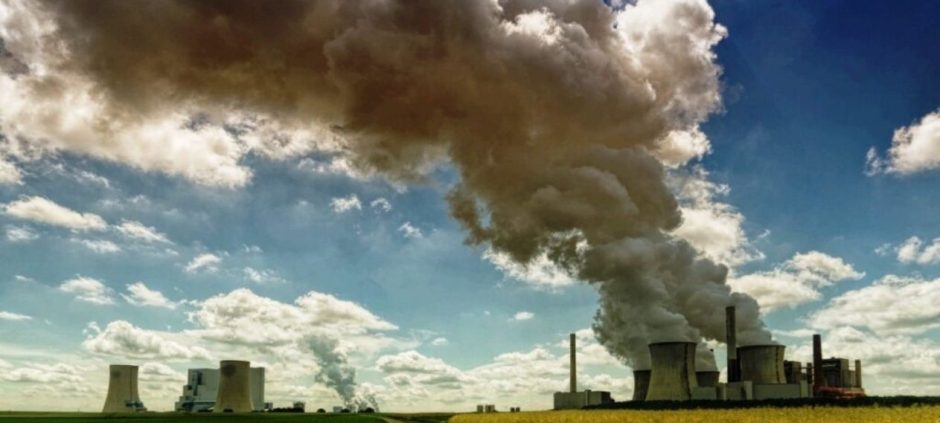Pakistan has the potential to earn up to $2.25 billion annually through carbon trading, if 10–15% of its emissions are sold as verified credits on global markets. This finding comes from a new report by Transparency International Pakistan, which highlights the importance of strengthening governance for the country’s emerging carbon market.
Although Pakistan contributes less than 0.8% of global emissions, it remains highly vulnerable to climate change, facing threats like floods, melting glaciers, and extreme weather events. According to the report, a robust carbon trading system could unlock much-needed climate finance to mitigate these challenges.
However, weak governance is a major barrier. The report identified unclear legal definitions of carbon as an asset, overlapping federal and provincial authority, insufficient emissions data, and limited technical capacity for monitoring and verification. To address these issues, TI Pakistan recommends establishing a central carbon registry, enforcing transparent public reporting, and creating clear laws for ownership and revenue distribution.
The report also stressed the importance of including local communities managing forests and wetlands, as they play a key role in conservation but often receive little financial benefit. Pakistan has seen early success in this sector. The Delta Blue Carbon initiative in Sindh has generated over $40 million from mangrove restoration. Other projects include landfill gas recovery at Lakhodair and a wind farm in Jhimpir.
In early 2025, Pakistan’s Ministry of Climate Change approved its first market-eligible carbon-credit projects. These include a clean-water project by Korean firm ATR Inc., which received Host Country Approval under Article 6.4 of the Paris Agreement, and the Mehmood Booti Dumpsite Rehabilitation Project, which secured a Letter of Intent under Article 6.2.
In other related news also read Government may Introduce Carbon Tax in 2025-26 Budget
The report urges Pakistan to align its rules with global standards like ICVCM and VCMI and ensure fair revenue sharing. Stronger governance and proper legal frameworks could make carbon trading a reliable and equitable source of climate finance for Pakistan’s climate adaptation efforts.











